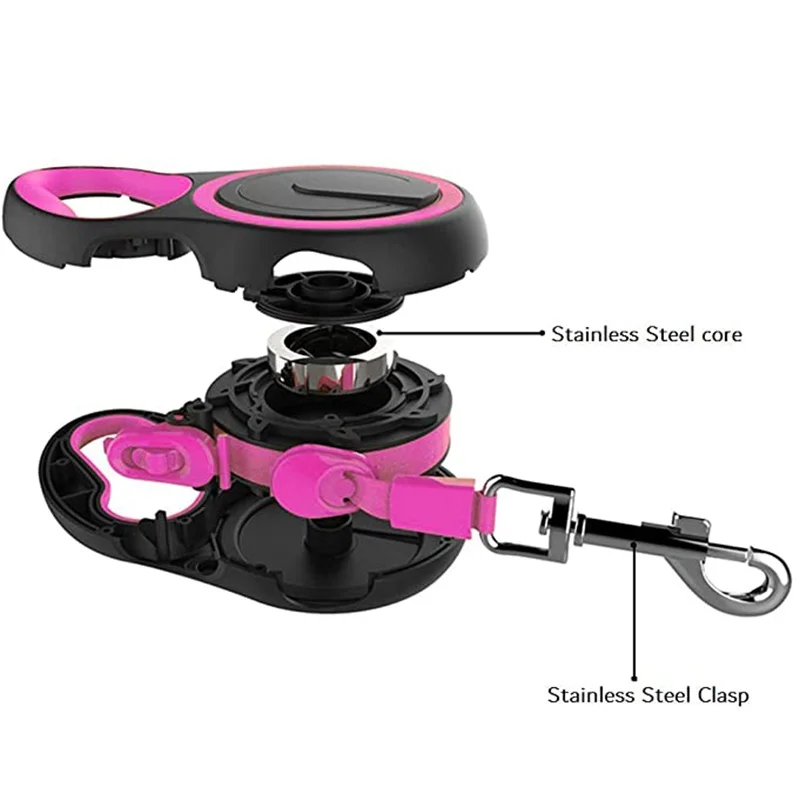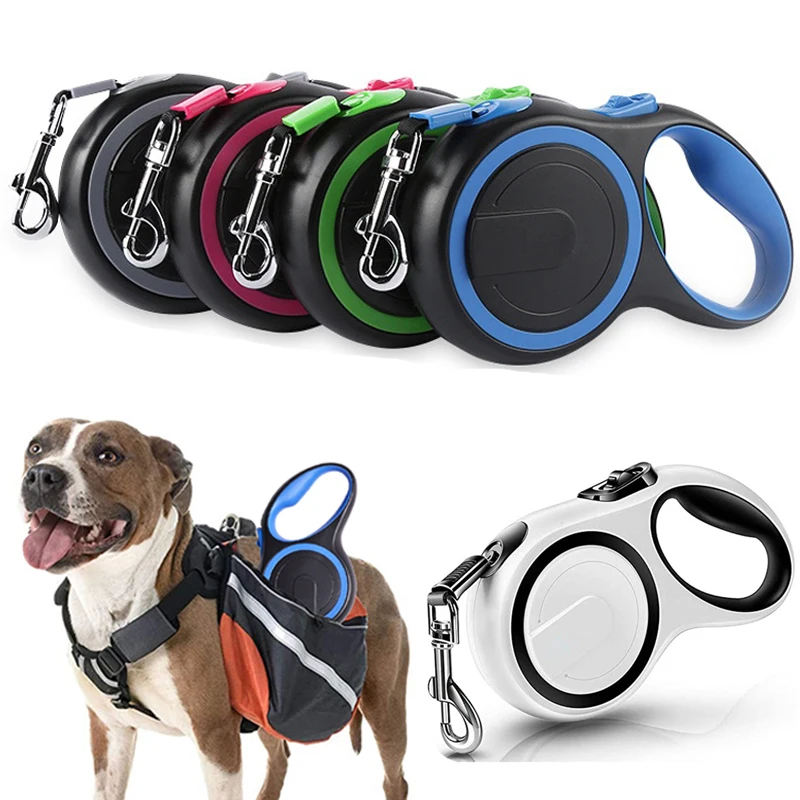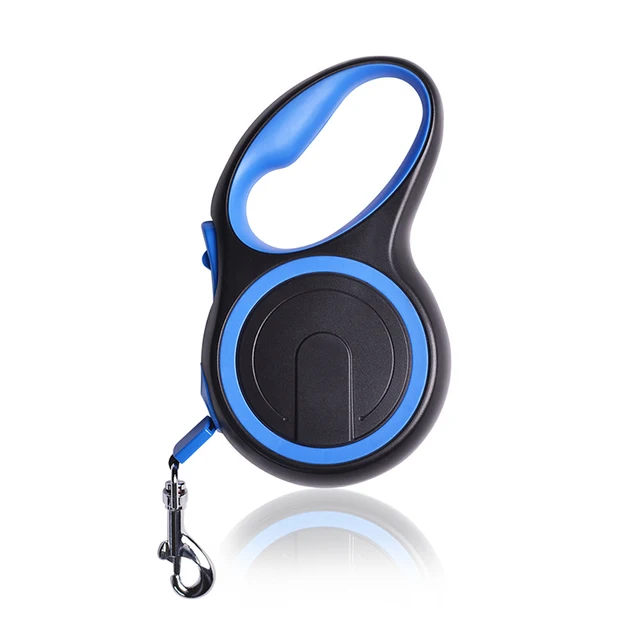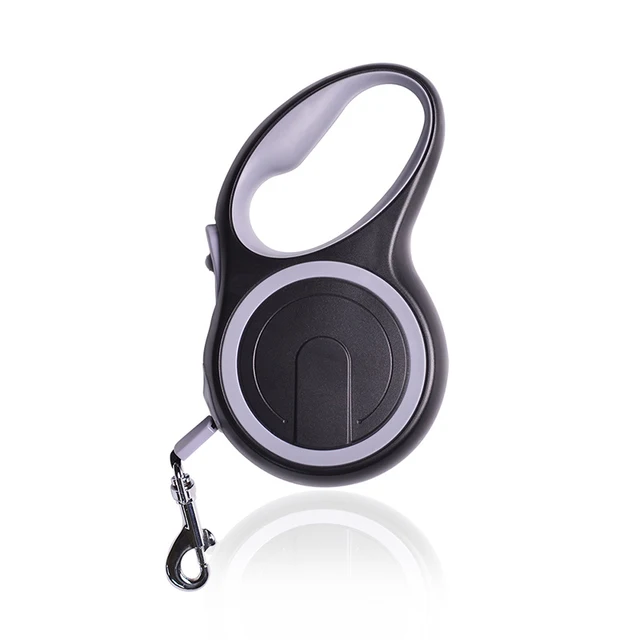Introduction to Dog Leash Laws in Singapore
Dog owners in Singapore must know and follow leash laws. These regulations are part of a larger framework designed to protect public safety and ensure responsible pet ownership. Singapore has specific rules for when and where dogs need to be on leashes.
Leash laws apply to all outdoor spaces unless stated otherwise. Owners must leash their dogs in most public areas. This includes parks, neighborhoods, and walking paths. The reason for these laws is clear: to prevent dogs from roaming freely. This reduces the risk of dogs harming people, other animals, or causing damage.
In Singapore, the authorities are strict about these rules. They expect dog owners to comply and enforce penalties for non-compliance. All dogs must be on leashes is not just a suggestion; it is a legal requirement. By keeping dogs on leashes, the community helps ensure that all pets and residents can share spaces safely and harmoniously.
Following leash laws also shows respect for others’ space and comfort. Not everyone is comfortable around dogs. A leashed dog can’t chase, scare, or jump on passersby. It’s an essential aspect of pet etiquette in public places. All dog owners must understand these rules to avoid potential fines or penalties. Moreover, it reflects a commitment to your dog’s well-being and to the community at large.

Dog Leash Laws: Keeping the Public Safe
Singapore’s dog leash laws serve a critical role in public safety and community harmony. These laws help prevent accidents, injuries, and potential conflicts between dogs and people. Here’s why adhering to leash laws is important for everyone’s safety:
- Preventing Unwanted Interaction: Dogs on leashes can’t chase or scare people. This is especially important in areas with children, elderly, or individuals who may be fearful of dogs.
- Avoiding Dog Fights: When all dogs must be on leashes, it reduces the risk of aggressive interactions between dogs, keeping them and other pets safe.
- Protecting Wildlife: Leashes prevent dogs from chasing or harming local wildlife, maintaining the ecological balance.
- Preventing Traffic Accidents: A dog on a leash is less likely to run into the road, which is safer for the dog and drivers.
- Maintaining Cleanliness: With a leash, owners can keep their dogs close and efficiently clean up after them, keeping public spaces clean.

Dog Leash Requirements for Various Areas
In Singapore, dog leash requirements vary by area. It’s vital for dog owners to know these rules to ensure safety and compliance. Here’s what you need to know:
- HDB Flats and Public Housing Estates: For public housing areas like HDB flats, dogs must be on leashes in common areas. You are only allowed to own one small breed dog, from a list approved by the HDB.
- Parks and Nature Reserves: Most parks permit leashed dogs. However, some nature reserves may have stricter rules. Always check park signs for specific leash requirements before you enter.
- Private Housing Estates: If you live in a landed property, you can own up to three dogs but must leash them in public areas.
- Commercial and Recreational Spaces: In spaces like outdoor malls or dining areas, dogs must be on leashes at all times. This prevents incidents and ensures everyone’s comfort.
- Beaches: Dogs can enjoy some beaches on leashes. Certain beaches have off-leash areas, but check local guidelines first.
The expectations are clear: all dogs must be on leashes when they are in public spaces. This law keeps our furry friends and the people around them safe. Always carry a leash with you and use it when required to avoid fines and ensure public safety and comfort.
Consequences of Not Leashing Your Dog
Failing to leash your dog in public areas can have serious outcomes. Dog owners in Singapore need to recognize the gravity of these consequences to avoid them. Here are the penalties and issues that can arise:
- Fines for Non-Compliance: If your dog is caught without a leash, you could face harsh fines. For example, in HDB areas, the penalty may be up to $4,000. This shows how crucial it is that all dogs must be on leashes.
- Mandatory Give-Up: For serious or repeated offenses, you may have to surrender your dog. This is a heartbreaking outcome that all pet owners should strive to avoid.
- Legal Actions: In extreme cases, legal action could follow. This could mean court appearances and possibly, stricter penalties.
- Risk to Public and Dog Safety: An unleashed dog may cause accidents or injuries. This endangers both the dog and those around it.
- Damaging Property: Dogs off-leash might damage public property, leading to fines and making amends.

Guidelines for Leashing Specific Dog Breeds
In Singapore, guidelines for leashing dogs can differ based on the breed. To maintain public safety and comply with local laws, understanding these breed-specific rules is key. Here’s what dog owners need to know:
- Small to Medium Breeds: Generally, all dogs must be on leashes regardless of size. However, smaller breeds, especially those approved for HDB living, are often given more access to public areas when leashed.
- Large Breeds: For larger breeds, strict control is essential. These dogs can intimidate or cause injury by mistake. Always keep them on a strong leash and be vigilant in public spaces.
- Specified Breeds: There’s a list of specified breeds that require additional measures. These breeds must be on leashes and securely muzzled when in public. It is part of responsible ownership to prevent potential harm.
- Aggressive or Reactive Dogs: Any dog with a history of aggression must be on a leash and, in some cases, muzzled, to protect others. Prompt obedience from these dogs is crucial in public areas.
Dog owners should always check the latest guidelines from the Animal & Veterinary Service (AVS) for updates. Accurate knowledge and compliance with leash laws safeguard the well-being of pets, their owners, and the public.
Understanding Animal Cruelty and Neglect Laws
In Singapore, animal cruelty and neglect are serious offenses. Here is what dog owners should know:
- Strict Penalties for Cruelty: Any act causing unnecessary pain to a dog is illegal. Fines reach up to $15,000 or 18 months in jail for first-timers.
- Repeated Offenses: Further cruelty can mean up to $30,000 in fines or 3 years of jail time.
- Duty of Care for Owners: You must provide your dog with food, shelter, and protection from harm. Neglect can result in a $10,000 fine or a year in jail.
- Protect Against Injury or Disease: Failing to protect your pet from injury or disease is penalized with hefty fines or incarceration.
- Animal Abandonment: Not actively searching for a lost dog may be seen as abandonment, punishable by law. Fines can go up to $10,000 or a year in jail.
- Mandatory Reporting: If you see a dog being mistreated, you are obliged to report it. Helping to enforce these laws ensures the well-being of all animals.
Follow these guidelines to avoid legal issues and be a responsible dog owner. Your pet’s safety and happiness depend on your care and attention.
Reporting Loose Dogs and Compliance
In Singapore, reporting loose dogs is a civic responsibility. This section explains why reporting is important and how it supports adherence to leash laws.
- Why Report: Loose dogs can pose risks. They may cause accidents, scare people, or harm other animals. Reporting them helps maintain public safety and ensures owners comply with leash laws.
- How to Report: Witnessing an unleashed dog, contact local authorities. Provide details of the situation. They will address the issue, enforcing leash laws.
- Compliance Importance: Reporting supports law enforcement. It encourages dog owners to follow leash rules. This prevents potential fines and reduces safety risks.
- Community Role: Everyone plays a role. By reporting, you contribute to a safer environment. It shows commitment to public well-being and responsible pet ownership.
Remember, when all dogs must be on leashes, it’s a shared effort to keep our community safe. Report loose dogs promptly to uphold the law and protect all members of society, including our four-legged friends.

Alternatives to Giving Up Your Leashed Dog
In some cases, dog owners in Singapore may feel overwhelmed by the responsibilities of pet ownership or the strict leash laws. However, there are several alternatives to consider rather than giving up your leashed dog:
- Seek Professional Training: If your dog is hard to control on a leash, professional trainers can help. They can address behavioral issues and make walks more manageable.
- Utilize Dog Walking Services: Dog walkers can step in when you’re busy. This helps your dog get exercise and socialization, even when you’re not available.
- Explore Doggy Daycare: Doggy daycares provide a safe environment for your pet to play and relax while you’re at work or away.
- Find a Temporary Foster: In urgent situations, a temporary foster home can care for your dog while you address personal matters.
- Reach Out to Networks: Use your personal network of family and friends to find someone who can help with your dog, either temporarily or permanently.
- Adjust Your Schedule: Sometimes, small changes in your routine can make pet ownership more feasible. Evaluate your daily schedule to find more time for your dog.
- Engage in Animal Communication: Consider seeking the services of an animal communicator who might reveal underlying issues affecting your dog’s behavior on a leash.
These options can provide relief without the need to relinquish your furry friend. Remember, giving up a pet should be the last resort. All dogs must be on leashes, but with the right support and resources, both you and your dog can enjoy a happy life together.
Proper Dog Handling and Public Etiquette
Abiding by Singapore’s leash laws means more than just avoiding fines; it calls for proper dog handling and observing etiquette in public spaces. Here’s how to ensure you are doing your best for your pet and community:
- Use a Fitting Leash: Ensure the leash is suitable for your dog’s size and strength. It must not break or slip off.
- Control Your Dog: Always keep your dog under control. Prevent it from jumping at people or causing a disturbance.
- Clean Up: Be prepared to clean up after your dog. Carry bags and dispose of waste properly.
- Avoid Disturbances: Keep your dog quiet in public areas. Excessive barking can be disturbing to others.
- Respect Others: Understand that not everyone is comfortable around dogs. Keep a respectful distance.
- Training: Teach your dog basic commands. Training helps your dog behave better on a leash.
- Health Checks: Regular vet visits ensure your dog is healthy and safe to be around others.
- Observe Signs: Pay attention to signs in public areas. They might have specific rules for dogs.
- Use Muzzles When Needed: Some breeds must be muzzled in public. Make sure it’s comfortable and secure.
By following these points, you contribute to a pleasant and secure environment. Good dog handling and public etiquette showcase responsible ownership. They ensure that all dogs must be on leashes without causing issues for others.

Conclusion: Responsibilities of a Dog Owner
As dog owners in Singapore, it’s clear that following dog leash laws is just one aspect of a much larger picture. Being responsible involves a thorough understanding of what our canine companions require from us, legally and ethically. Here are our key duties:
- Leash Your Dog: This one is simple. All dogs must be on leashes in public places. It’s non-negotiable.
- Follow Housing Rules: HDB or private, know the regulations for your residence and abide by them.
- Prevent Cruelty: Always treat your dog with kindness. Avoid harsh methods that cause harm.
- Guard Against Neglect: Provide your dog with the basics – food, shelter, and care. Never neglect their needs.
- Act on Loss: If your dog goes missing, search actively. Prove your efforts to avoid penalties for abandonment.
- Clean Up: Picking up after your dog keeps our environment clean and shows respect for public spaces.
- Report Incidents: See a loose dog? Inform the authorities. It helps maintain safety and law compliance.
- Consider Alternatives: Before giving up your leashed dog, explore other options like training or daycare.










